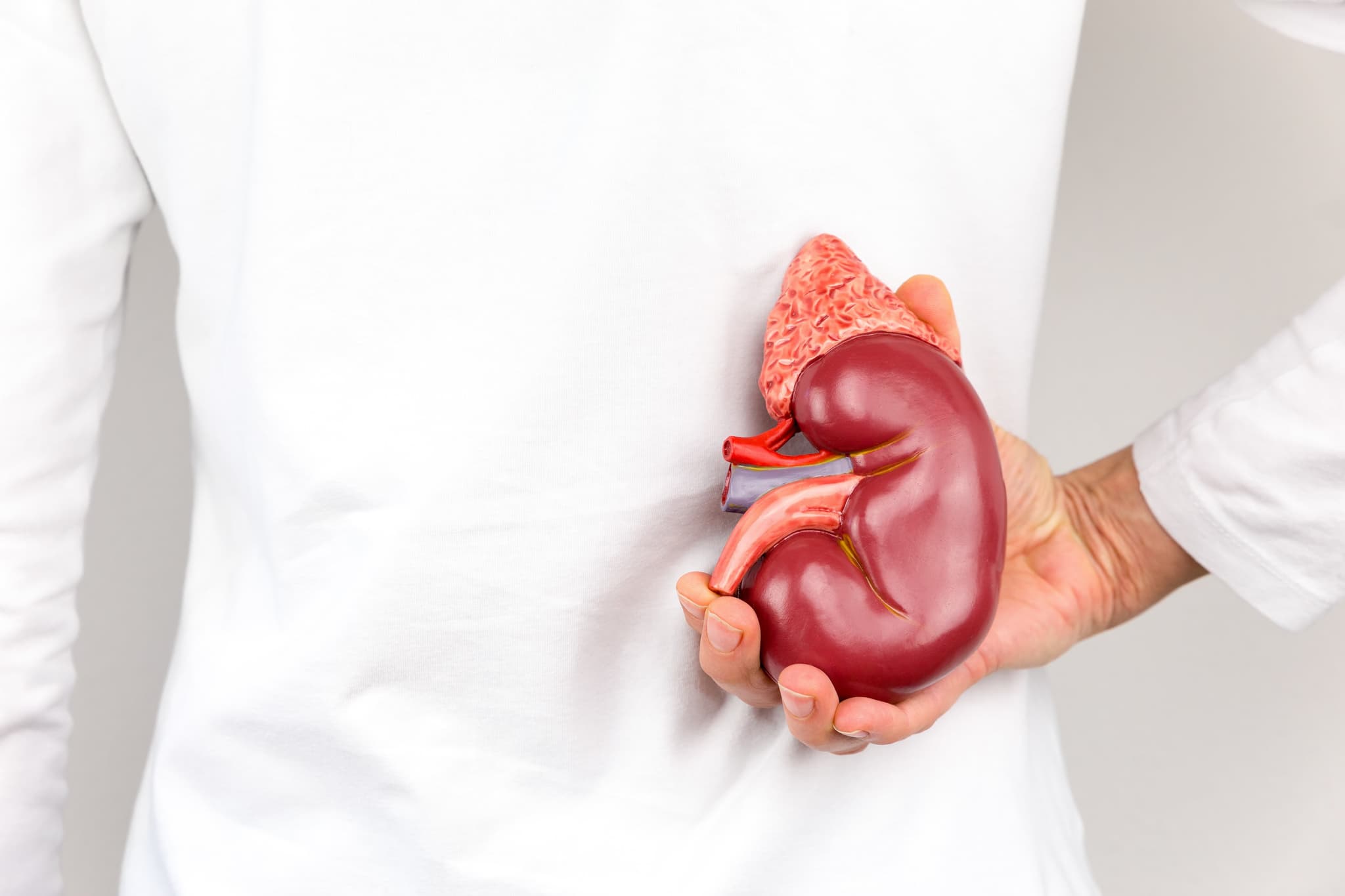Numerous processes take place throughout the body 24 hours a day, seven days a week, and one key factor in making sure all these processes work correctly is hormones. Hormones are your body’s chemical messengers that are secreted by a group of glands in the body. This is known as the endocrine system.
Using the bloodstream for transportation, the endocrine system has several functions. Here’s a look at how the endocrine system works.
Functions
The endocrine system helps control each of these processes and systems:
- Growth and development
- Homeostasis (internal balance of body systems)
- Metabolism (energy levels in the body)
- Reproduction
- Responses to stimuli like stress or injury
Important Parts of the Endocrine System
The endocrine system spans from the brain down to the pelvic region, with several different parts:
- • Hypothalamus: Located in the brain, this organ is responsible for telling the pituitary gland to start or stop making hormones. It connects the endocrine system and the nervous system.
- • Pituitary gland: This is the “master” gland of the endocrine system, the pituitary gland gets information from the brain and instructs other glands in the body. It’s responsible for making a few important hormones including growth hormone, prolactin (helps breastfeeding women make milk) and luteinizing hormone (helps manage estrogen in women and testosterone in men).
- Pineal gland: The pineal gland makes melatonin, a hormone that helps the body get ready to sleep.
- Thyroid gland: The thyroid gland makes thyroid hormone, which controls metabolism. If the gland makes too much or too little thyroid hormone, it can result in several problems in the body.
- Parathyroid: The parathyroid is a set of four small glands located behind the thyroid. These glands control levels of calcium and phosphorous in the body, and they’re vital for bone health.
- Thymus gland: This is the gland that makes white blood cells (called T-lymphocytes) that fight infection. The thymus is important during the development of a child’s nervous system, and it begins to shrink after puberty.
- Adrenal glands: These glands make adrenaline, or the “fight or flight” hormone, as well as corticosteroids that affect metabolism and sexual function.
- Pancreas: The pancreas is considered part of both the digestive and endocrine systems. It makes digestive enzymes that break down food, and it also makes insulin and glucagon, hormones that regulate sugar in the bloodstream and cells. Issues with the pancreas and insulin production are at the heart of diabetes complications.
- Ovaries: For women, these organs make estrogen and progesterone, hormones that help develop breasts during puberty, regulate the menstrual cycle and support a pregnancy.
- Testes: For men, the testes make testosterone, which helps with developmental processes like growing bodily hair, making the penis grow larger and creating sperm for reproduction.
To keep everything functioning, a few processes must be working properly:
- 1. Endocrine glands must release the proper amount of hormones.
- 2. The body must have a strong blood supply to transport the hormones around the body.
- 3. There must be enough receptors to which the hormones can attach and carry out their function.
- 4. The targets must be capable of responding to the hormonal signal. (In certain cases, the signal is sent properly and the bloodstream carries it as it should, but the receptors aren’t able to convert the signal into secretion of the hormone.)
If any of these steps don’t work properly, endocrine diseases could result. These include slowing metabolism, weight gain and hormonal shifts that could lead to things like heart disease, osteoporosis and Type 2 diabetes. Factors like stress, infections, chemical exposure, genetics and lifestyle habits can lead to increased risk of a disorder.
To learn more about your endocrine system or for any questions, speak to your doctor.
Our Utah County Endocrinologist is able to help diagnose and treat endocrine system disorders—even complex cases in which conventional treatments don’t work. As trained specialists, our providers know the latest treatments and technologies to treat a variety of disorders.
Sources:
“What Is the Endocrine System?” WebMD. https://www.webmd.com/diabetes/endocrine-system-facts#1
“About the Endocrine System.” EndocrineWeb. https://www.endocrineweb.com/endocrinology/about-endocrine-system






